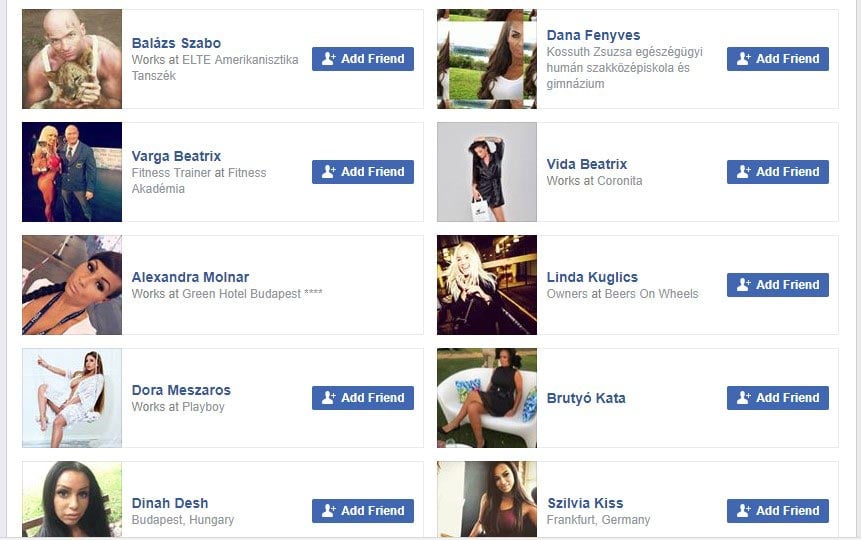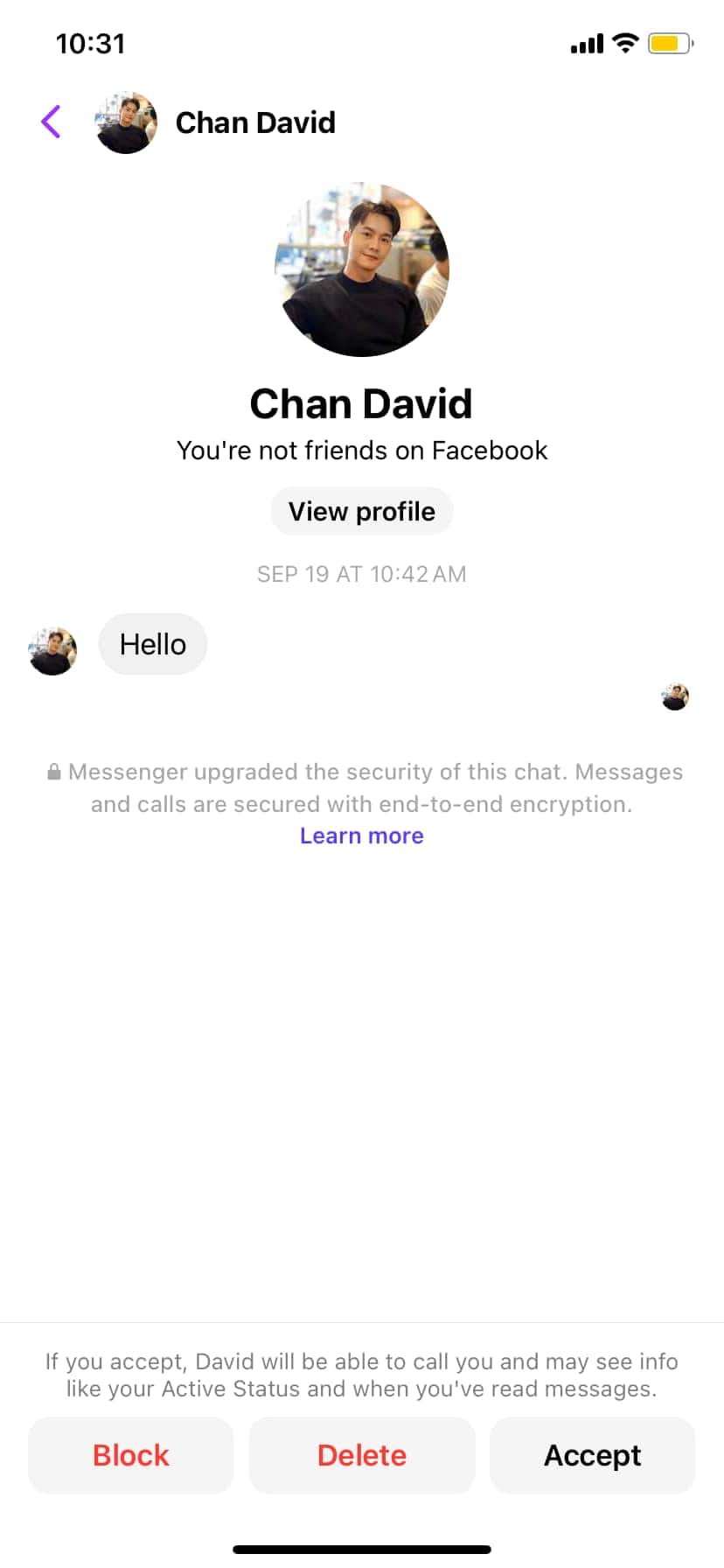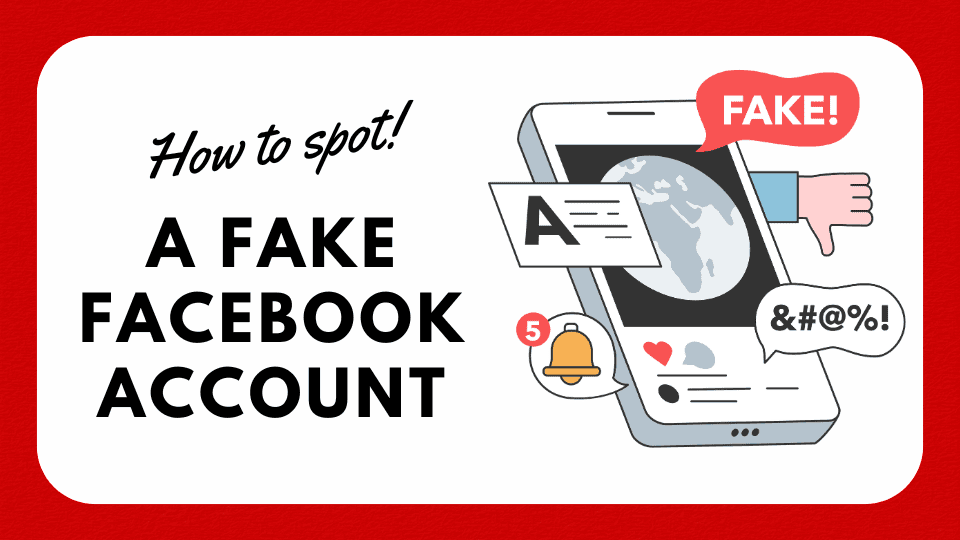How Big Is the Fake Account Problem?
From October 2017 to mid-2023, Facebook deleted 27.67 billion fake accounts. That’s more than three times the world’s population! In early 2023, fake accounts made up around 4-5% of Facebook’s monthly users. With over 3 billion users now, about 150 million accounts are fake. It’s likely you or your family have been affected.

How to Spot a Fake Facebook Account
Either bots or scammers usually run fake accounts. Here are some signs to watch for:
Too Perfect Profile Picture
Scammers often use pictures of very attractive people to get more friend requests. If the picture looks too perfect, it might be fake. Try using Google Image search to check, but be aware that AI tools can create fake images that are hard to spot. Keep your social media profiles private to protect your photos.
Few Photos, Strange Friend Numbers
Fake accounts don’t usually post many photos. They may also have too few or too many friends. Most real users have 200-350 friends. Be careful if a profile has just a few friends or thousands.
Weird or No Bio Info
If the bio seems unrealistic or lacks detail, it could be fake. Watch for accounts that repeat the same city or vague details without much personal information.
No Replies to Messages
Bots often accept friend requests but won’t reply to messages.
Please send a message to test it. If they don’t reply, it could be fake.

Empty Profile Wall
A profile with no posts or very little activity is a strong clue it’s fake.
Name and URL Don’t Match
If the profile name doesn’t match the URL, it might be a hacked account. Scammers sometimes take over accounts and change the names for their purposes.
Why Are Fake Facebook Accounts Made?
Cyber hackers or scammers create fake Facebook accounts to connect with people and steal their personal information. Their goal is identity theft. They may use this information to take out loans or credit cards in someone else’s name, or they might sell it to others for profit.
Fake accounts are also made to make money by selling Facebook fans and likes. Companies and individuals pay a lot to boost their pages, and scammers can easily create fake accounts with software that costs less than $200. This makes it a profitable business.

